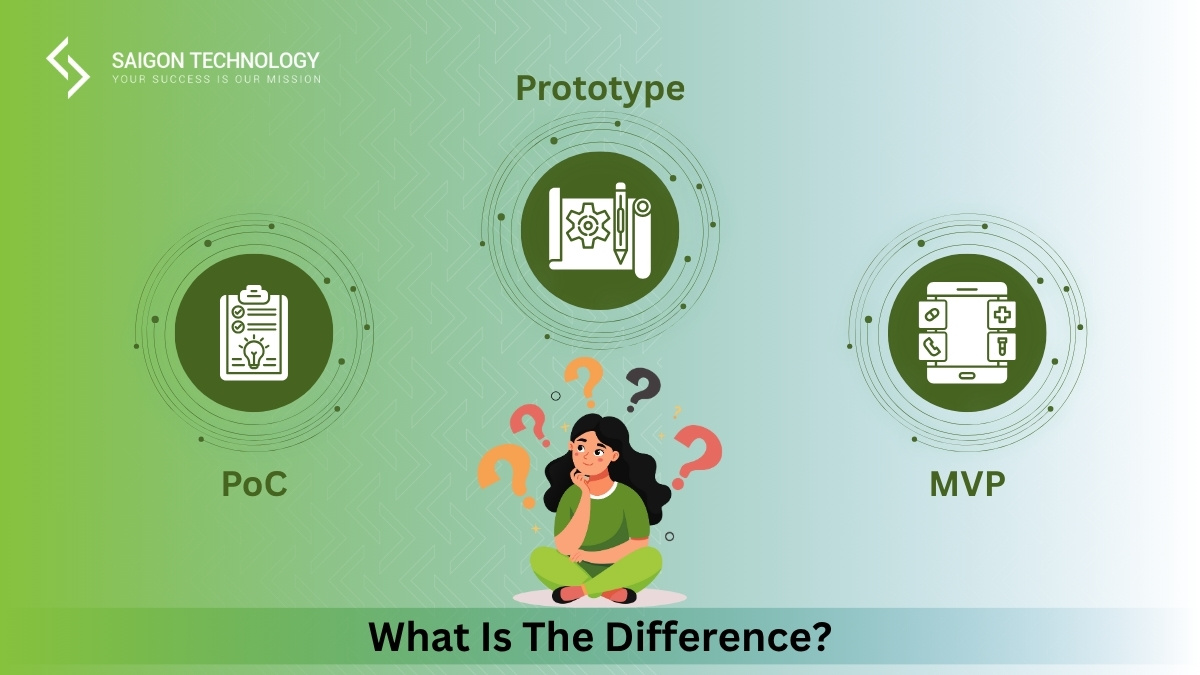For many years, desktop applications have been enjoying wide usage among businesses and individuals across the globe. Fast forward in today’s world, web application development is slowly taking over the superiority that was once enjoyed by desktop applications. All this is attributed to the advent of the internet and e-commerce.
Now, with more than one kind of application to choose from, you may find yourself at a crossroads when it comes to making the best choice. Below are suitable cases when it’s convenient to use web applications instead of desktop-based ones.
1. There’s Less Need for Security
Web applications are at a higher security risk compared to desktop applications. This is simply because web applications are being used by numerous users on the internet, increasing their vulnerability. For desktop applications, however, you have total control over the software, and you can protect it from all sorts of vulnerabilities.
If you are not security conscious, web applications would be the right choice for you.
2. You Want to Get Analytics
If you are a business owner, investing in web applications is highly recommended. This stems from the fact that you can easily access firsthand information on how users are interacting with your product.
This way, you can fix any usability issues as well as reassessing features that users are not engaging with.
3. You’re on a Budget
Did you know that web application development is far much cheaper compared to desktop application development? This is the sad truth. Whenever you intend to put up a desktop application that successfully runs on PC, OS X, Linux, etc., you must be prepared to spend a lot of cash.
Additionally, hiring a good programmer to get the job done means spending more cash.
Opting for web applications when you’re on a budget will, therefore, save you more money.
4. Portability
Desktop applications are confined to one physical location (that is, your computer). This is a very different case when it comes to web applications. They can be accessed at any location provided you have a good internet connection.
Increased portability of web applications means they are easy to use and will meet all your accessibility needs.
5. Availability of Internet Connectivity
As we have just mentioned above, web applications rely fully on a good internet connection (and its speed too). Poor Internet connection affects the performance of the application. This may end up disappointing you.
Before you go for web applications, always ensure that you have a strong internet connection to ensure a smooth running of the application.
6. Adaptability to Mobile Applications
From the business point of view, an application that adapts well to mobile applications is a great deal. Apparently, web applications adapt to their mobile counterparts without any issues. As you know, more people are using their hand-held devices to access the internet today like never before.
Being able to grab this opportunity can be a good way to earn more profits in your business.
Final Thoughts
These are some of the instances where you can utilize web applications. As you have learned, web application development comes with loads of opportunities that favor both individuals and businesses. Invest in web application development today and experience its benefits firsthand.










